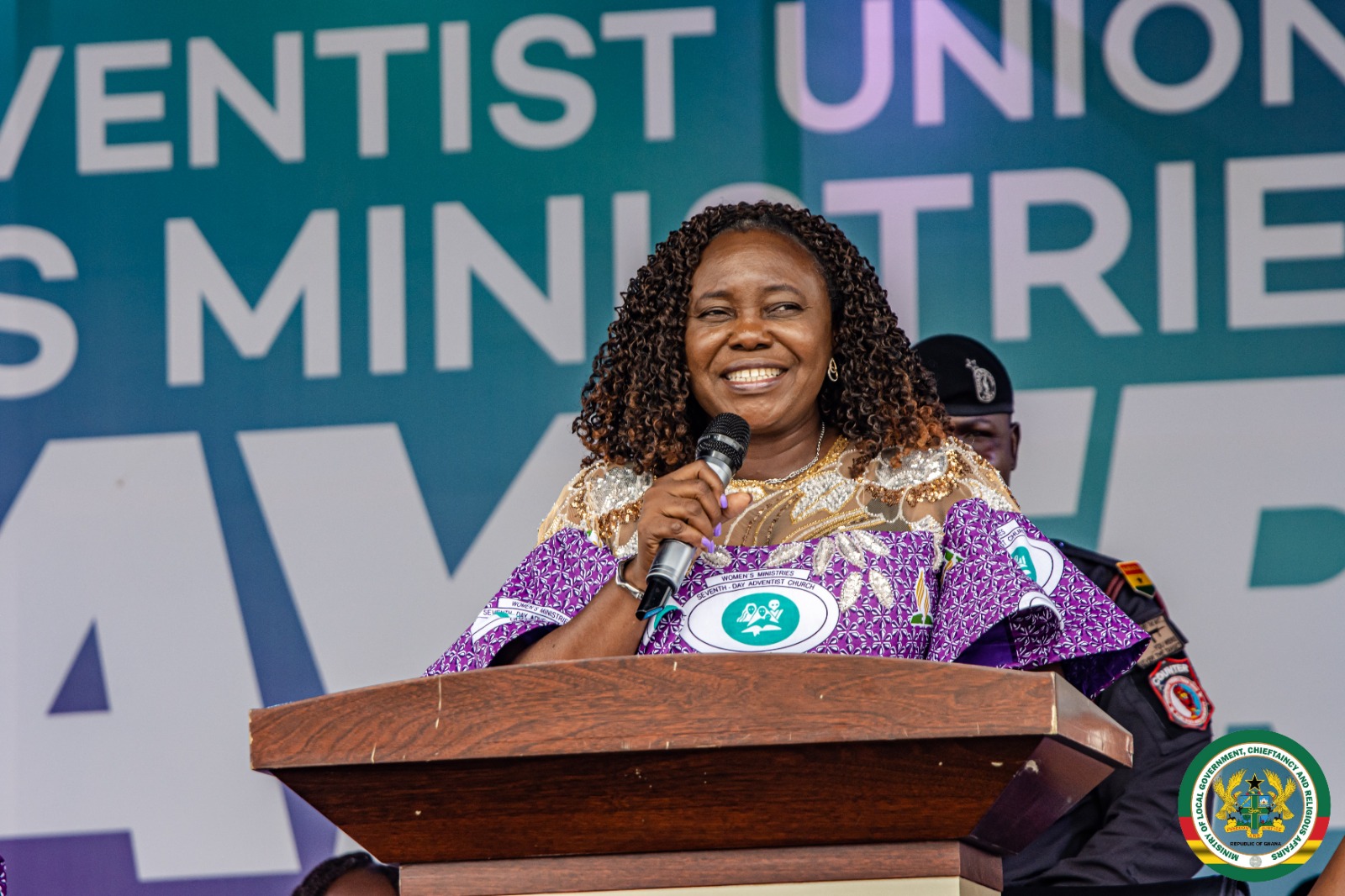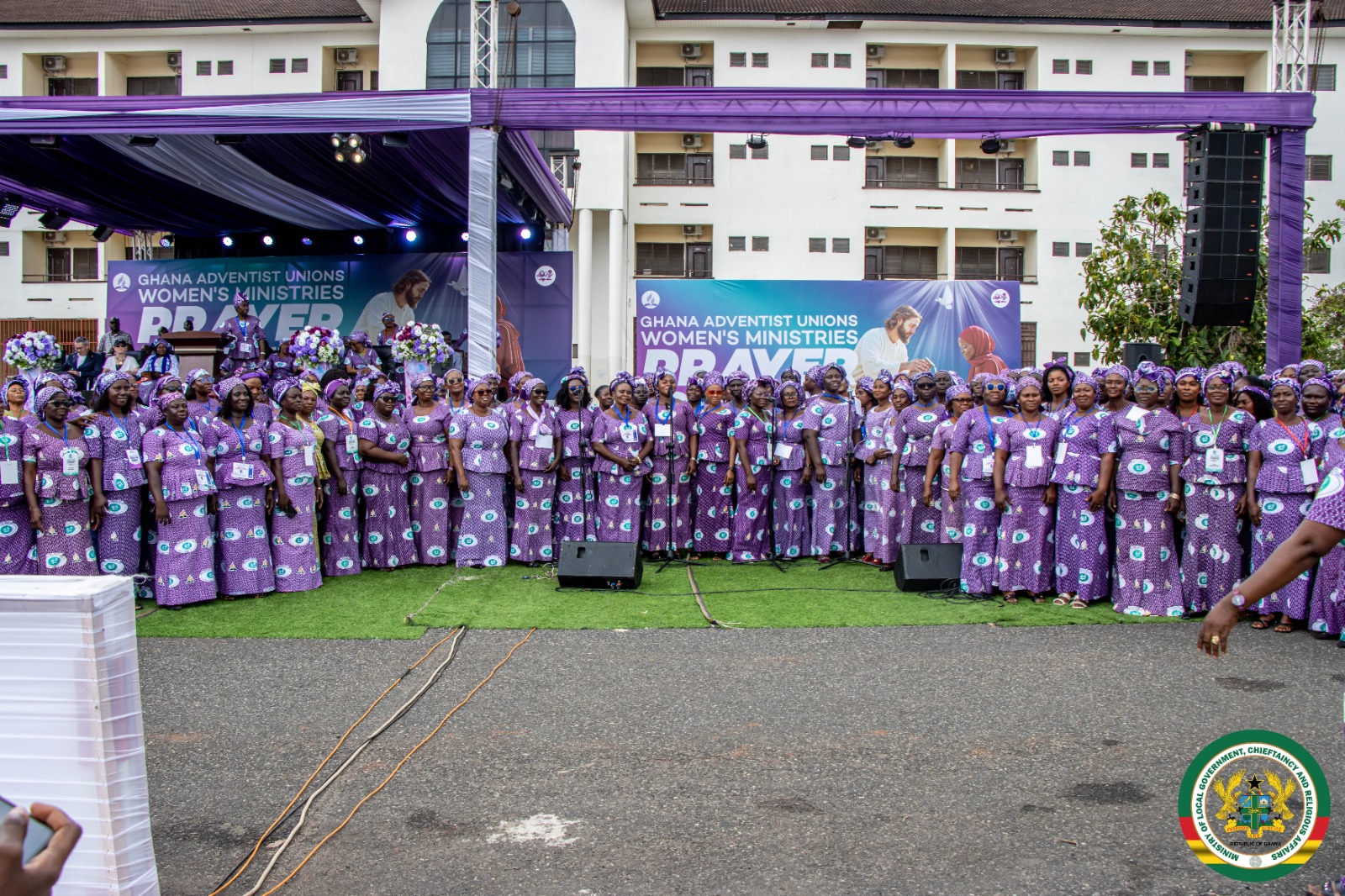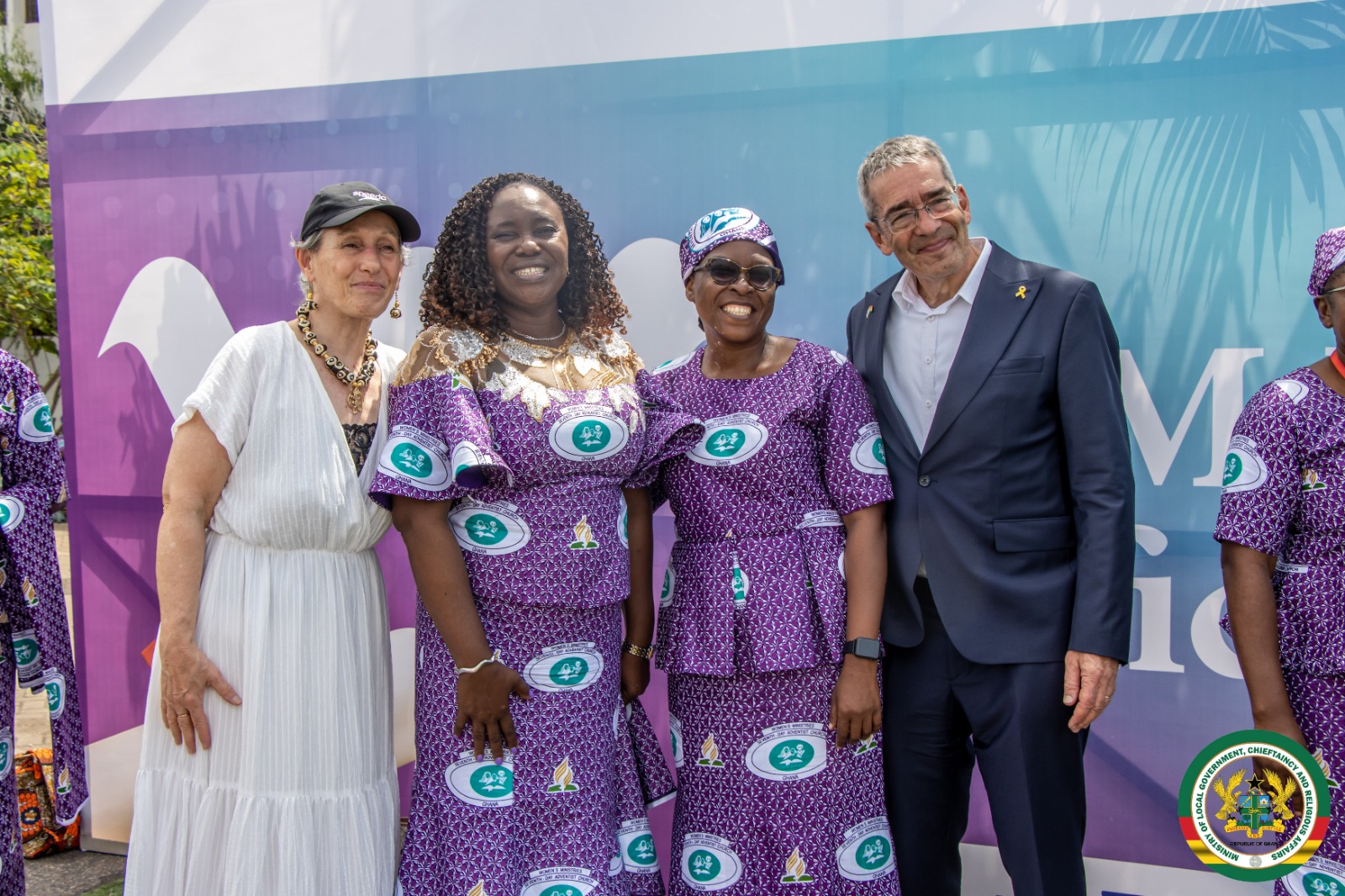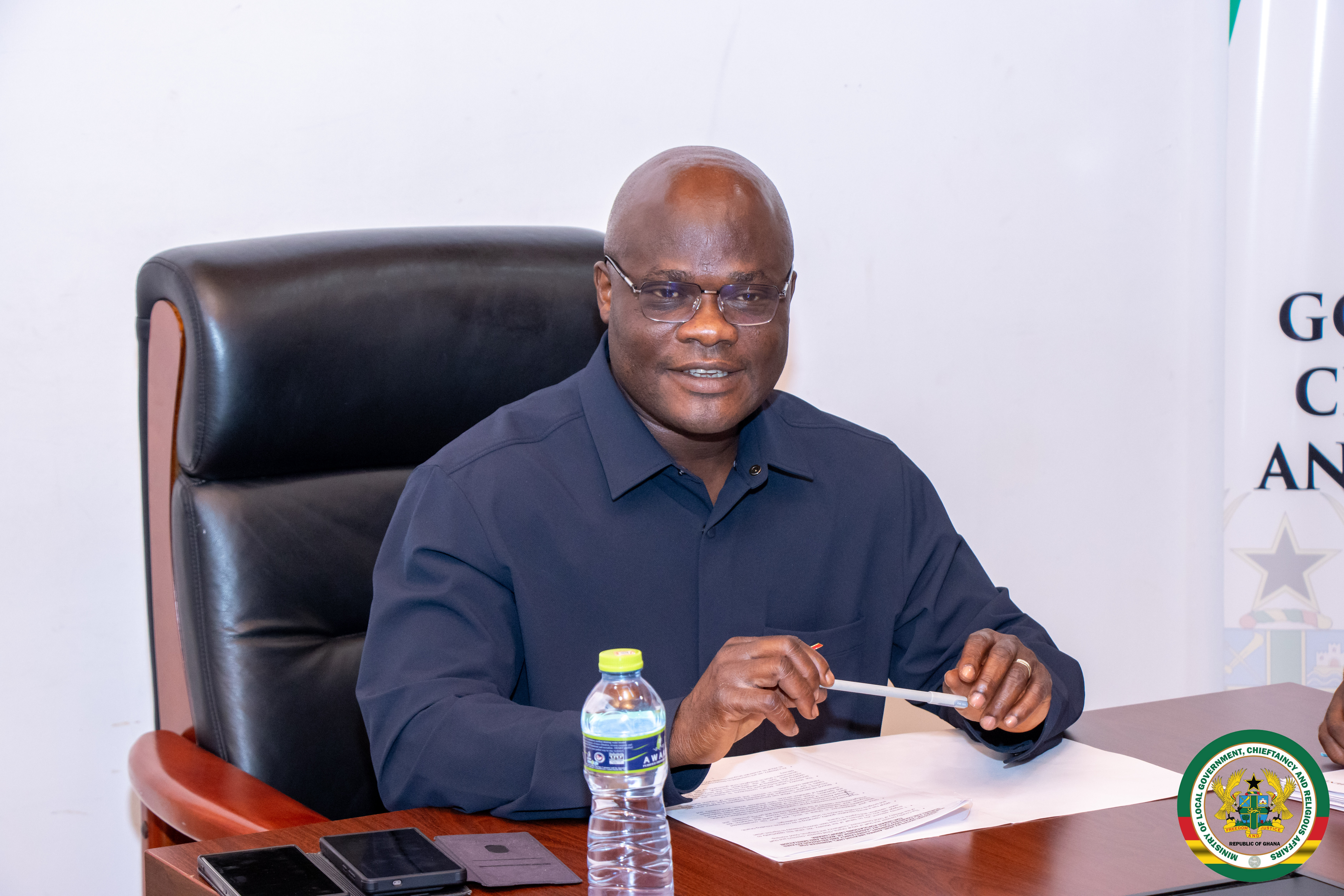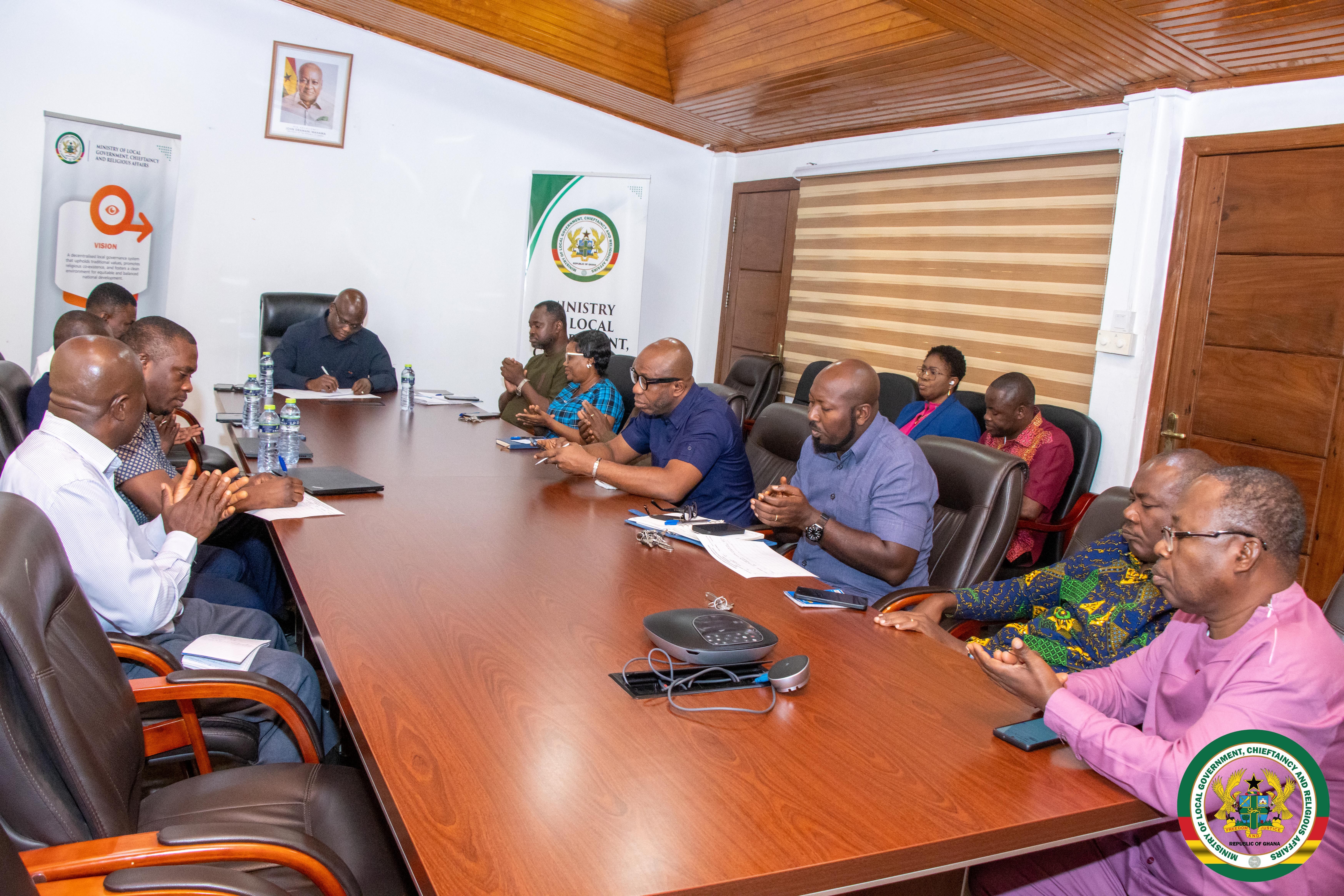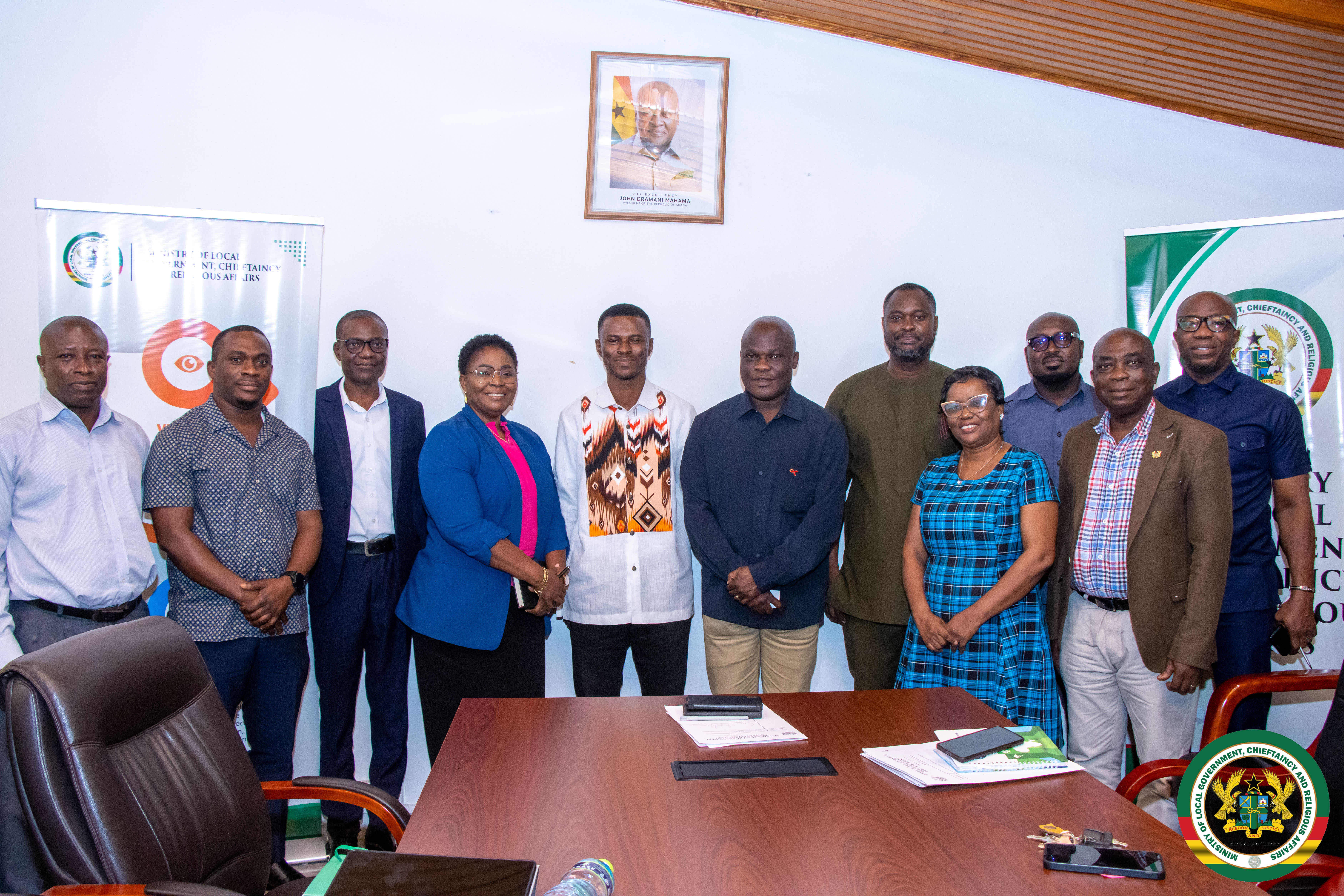The Deputy Minister for Local Government, Chieftaincy and Religious Affairs, Hon. Rita Naa Odoley Sowah, has called on women to rise as agents of change, urging them to embrace mentorship, community service, and advocacy as tools for transformation.
Addressing the Seventh-Day Adventist Church National Women’s Ministries Prayer Conference at the University of Ghana, Legon, Hon. Sowah stressed the need for women to seek spiritual renewal and allow God to pour his love, wisdom and strength on them, to serve their church, home and community with impact and authority.
She was making reference to the Theme for the National Prayer Conference; ‘Fill my Cup Lord: Set free and send. She underscored the importance of women’s roles in families, workplaces, and communities, noting that true empowerment comes from balancing care for others with self-renewal and urged the women gathered to break the chains of oppression, defend justice, and be fearless voices for the voiceless.
Turning her attention to national issues, Hon. Sowah re-echoed government’s National Sanitation Day initiative, which takes place on the first Saturday of every month, appealing to women of faith to actively participate in clean-up exercises, citing sanitation as one of Ghana’s most pressing challenges.
“Our sanitation situation is quite serious. We still practice open defecation in some areas, have poorly maintained toilets, and poor solid waste management, and these practices pollute our water sources, contaminate our air, and cause diseases. We must act” she emphasized.
Hon. Sowah reaffirmed the ministry’s commitment to partnering with faith-based organisations like the SDA Church to drive social and moral transformation and charged participants to of the National Women Prayer Conference to remain resolute, hopeful, and purpose driven.
The conference is an annual event, hosted by the Southern Ghana Union Conference of the SDA Church. This year’s event, brought together hundreds of women leaders, church officials, and community members united in prayer and advocacy for spiritual renewal and national development.
Israel’s Ambassador to Ghana, His Ex. Roey Gilad commended the Women’s Ministry of the Adventist Church for their role in supporting the vulnerable and called for prayers for to help end the Gaza war.
Source: Chantal Aidoo
Public Relations Unit, MLGCRA

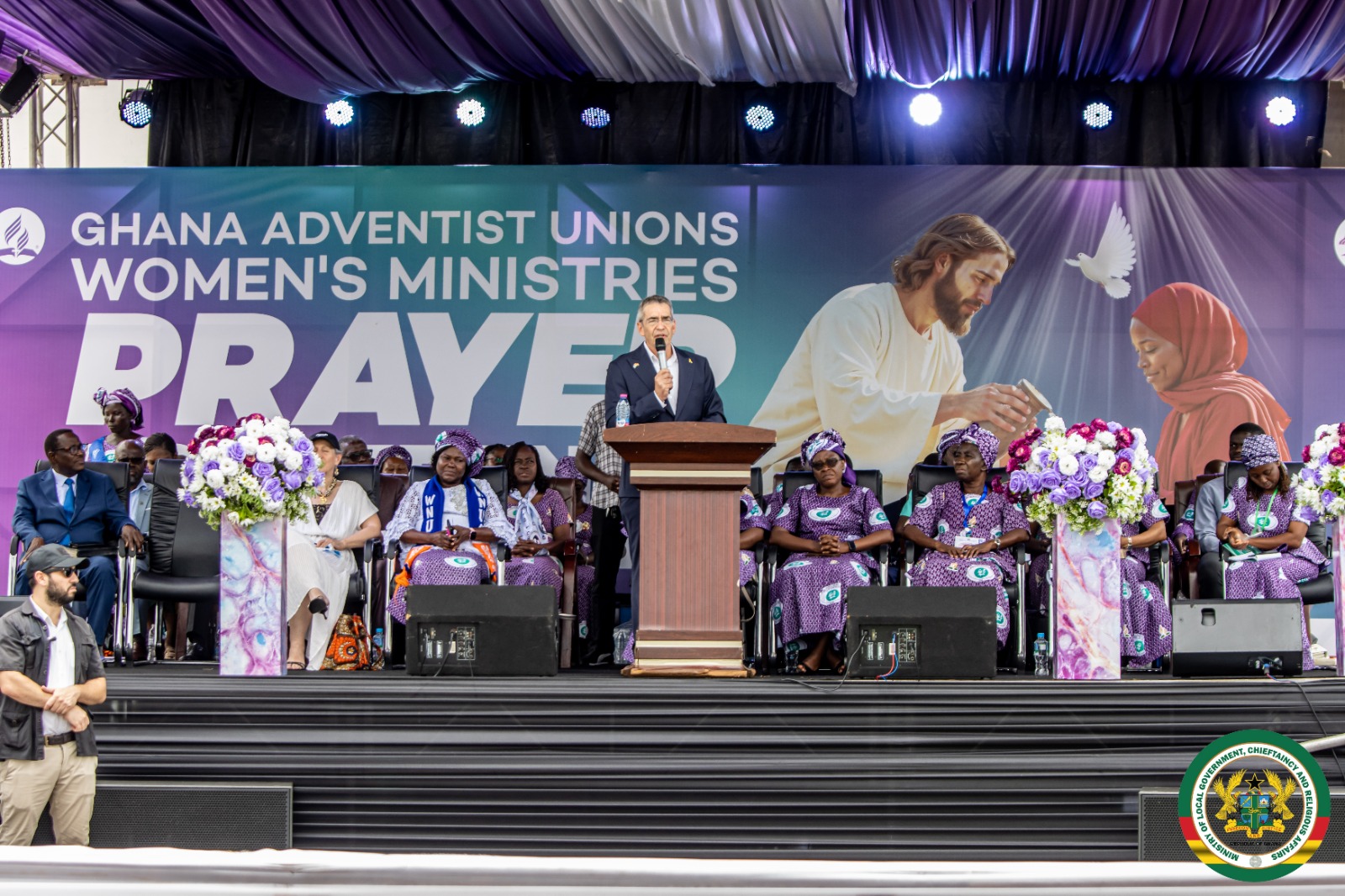
.jpeg)
.jpeg)
